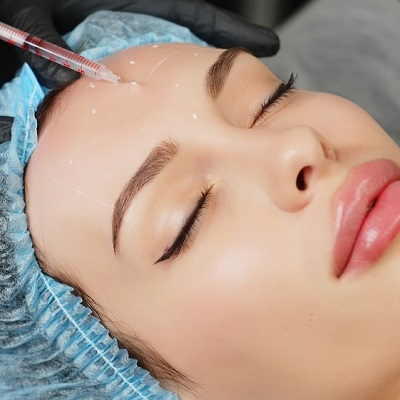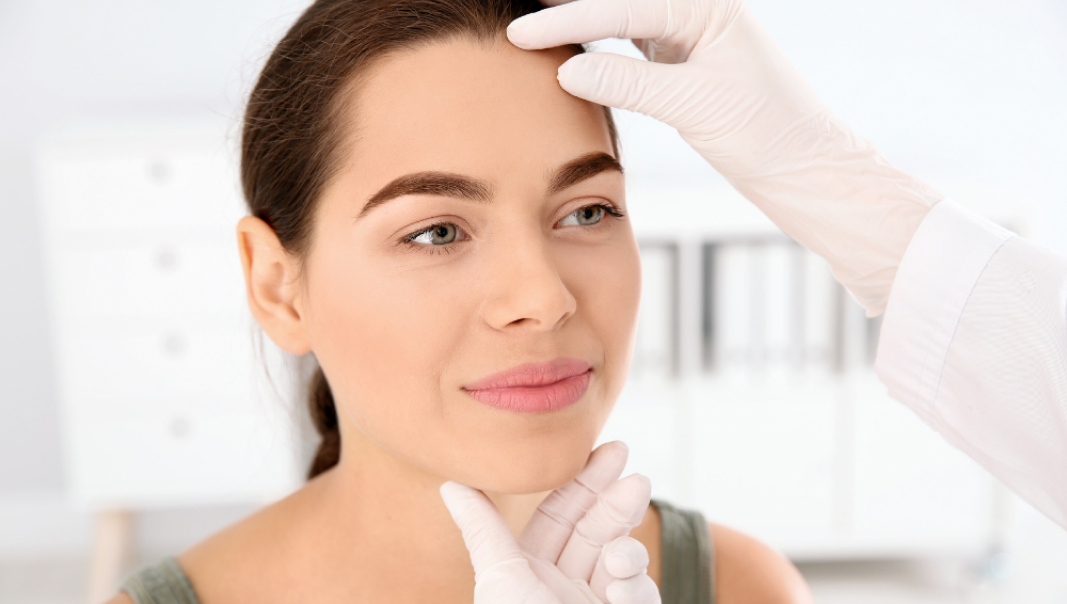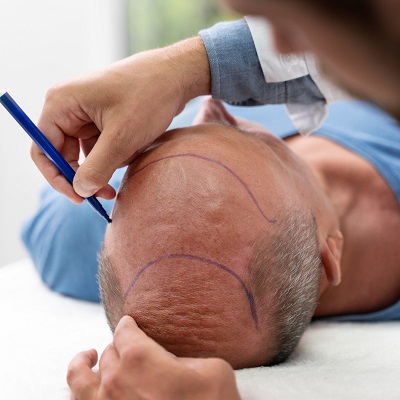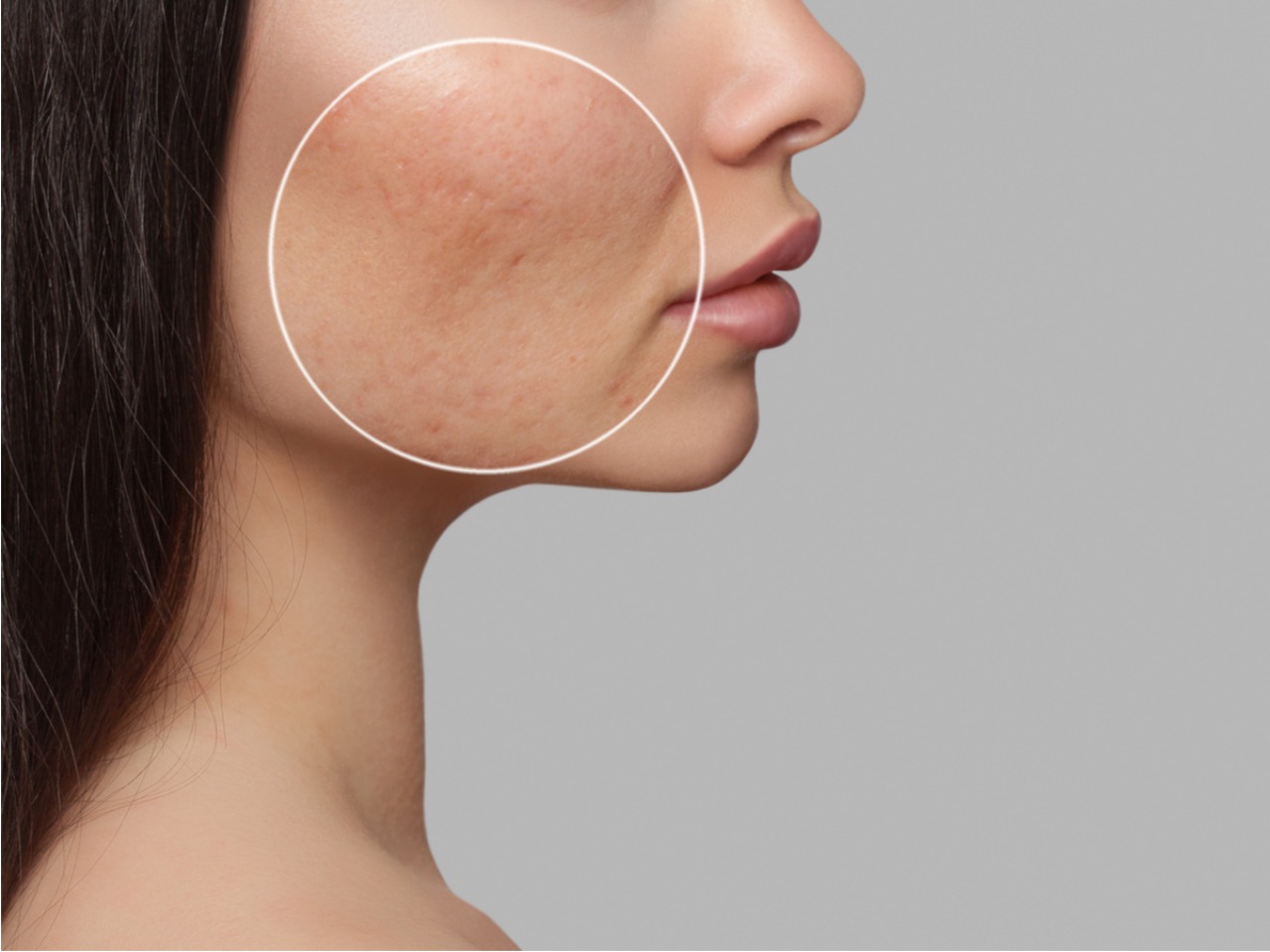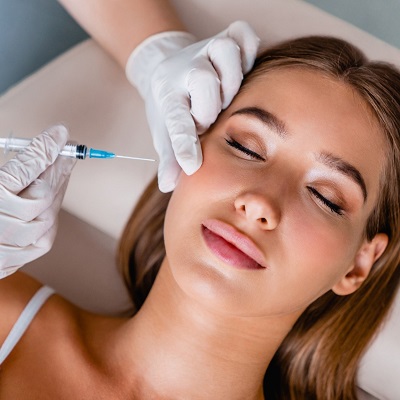What causes PRP to fail?
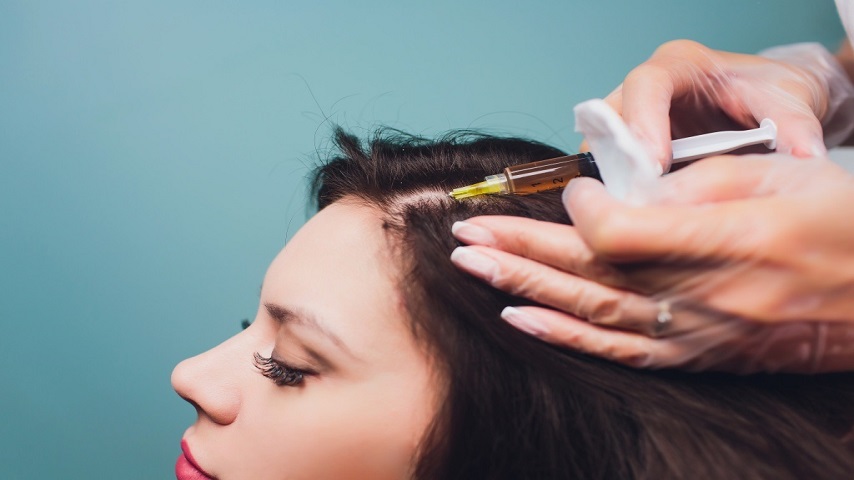
Platelet-Rich Plasma (PRP) therapy is often lauded as a revolutionary treatment for hair restoration. It involves injecting plasma enriched with platelets into the scalp to stimulate hair follicles and promote hair growth. However, while PRP is generally effective, it can fail in certain cases. Understanding the reasons behind such failures is crucial for setting realistic expectations and improving outcomes.
The Role of PRP in Hair Restoration
PRP therapy works by leveraging the growth factors in platelets to rejuvenate hair follicles. These growth factors stimulate cellular repair, enhance blood circulation, and promote the development of new hair. Despite its high success rate, some individuals may not experience the desired results. To explore why PRP might fail, it’s essential to examine both medical and non-medical factors.
Factors Contributing to PRP Failure
Incorrect Diagnosis
One of the primary reasons for PRP’s failure is an inaccurate diagnosis of the hair loss condition. PRP is most effective for androgenetic alopecia, a condition characterized by thinning hair. However, it may not work well for other types of hair loss, such as scarring alopecia or hair loss due to autoimmune diseases. A thorough assessment by a qualified professional is essential to determine whether PRP is suitable for you.
Advanced Hair Loss
PRP therapy is more effective in the early stages of hair loss. If the hair follicles are completely inactive or have turned into scar tissue, PRP is unlikely to yield significant results. Individuals with advanced hair loss should consider alternative treatments, such as hair transplants, to restore their hair.
Poor Technique
The effectiveness of PRP treatment greatly depends on the technique used by the practitioner. Poor extraction or improper injection of the platelet-rich plasma can compromise the results. Choosing a reputable clinic for PRP Hair Treatment in Islamabad ensures that skilled professionals with experience in PRP therapy administer your treatment.
Underlying Health Conditions
Certain medical conditions can interfere with the efficacy of PRP therapy. These include:
Thyroid Disorders: Imbalances in thyroid hormones can limit the effectiveness of PRP in promoting hair growth.
Nutritional Deficiencies: Low levels of essential nutrients such as iron, biotin, and zinc can impede the hair restoration process.
Chronic Diseases: Conditions like diabetes and autoimmune disorders may reduce the body’s ability to respond to PRP.
Addressing these underlying health issues before undergoing PRP therapy is vital to enhance its effectiveness.
Inadequate Sessions
PRP therapy typically requires multiple sessions for noticeable results. Patients who discontinue treatment prematurely or do not adhere to the recommended schedule may experience limited success. Maintenance sessions are also necessary to sustain the results over time.
Smoking and Alcohol Consumption
Lifestyle habits such as smoking and excessive alcohol consumption can hinder the body’s healing process. These habits negatively impact blood circulation and reduce the efficacy of PRP treatment. Avoiding these substances before and after your PRP sessions can significantly improve outcomes.
Unrealistic Expectations
While PRP is a promising treatment, it is not a miracle cure. Setting realistic expectations is critical. PRP therapy can improve hair thickness, density, and quality, but it may not completely restore a full head of hair, especially in severe cases of hair loss.
Improper Aftercare
Neglecting post-treatment care can also contribute to PRP’s failure. Patients are typically advised to avoid direct sunlight, strenuous activities, and certain hair products for a few days after treatment. Failing to follow these instructions can compromise the results.
How to Maximize PRP Success
To improve the likelihood of success with PRP therapy, consider the following tips:
Choose a Skilled Practitioner: Opt for an experienced and reputable clinic to ensure proper administration of PRP.
Follow a Healthy Lifestyle: Maintain a balanced diet, exercise regularly, and avoid smoking or alcohol.
Treat Underlying Conditions: Address any medical issues that could affect the results of PRP therapy.
Commit to the Full Treatment Plan: Attend all recommended sessions and follow your practitioner’s advice.
The Importance of Choosing the Right Clinic
Selecting the right clinic is critical to achieving the best results with PRP therapy. A well-equipped facility with experienced professionals can ensure proper diagnosis, technique, and aftercare, significantly increasing the chances of success. Royal Cosmetic Surgery Clinic in Islamabad is renowned for its expertise in hair restoration treatments, including PRP therapy. Their commitment to excellence ensures that patients receive top-notch care tailored to their unique needs.
In conclusion, while PRP therapy is a highly effective treatment for hair restoration, certain factors can contribute to its failure. Understanding these factors and taking proactive steps to address them can help you achieve the best possible outcomes. If you’re considering PRP therapy, consult a qualified professional to discuss your specific condition and treatment options. For those in Islamabad, the Royal Cosmetic Surgery Clinic offers state-of-the-art PRP therapy tailored to individual needs, helping patients regain confidence and improve their quality of life.
Note: IndiBlogHub features both user-submitted and editorial content. We do not verify third-party contributions. Read our Disclaimer and Privacy Policyfor details.



